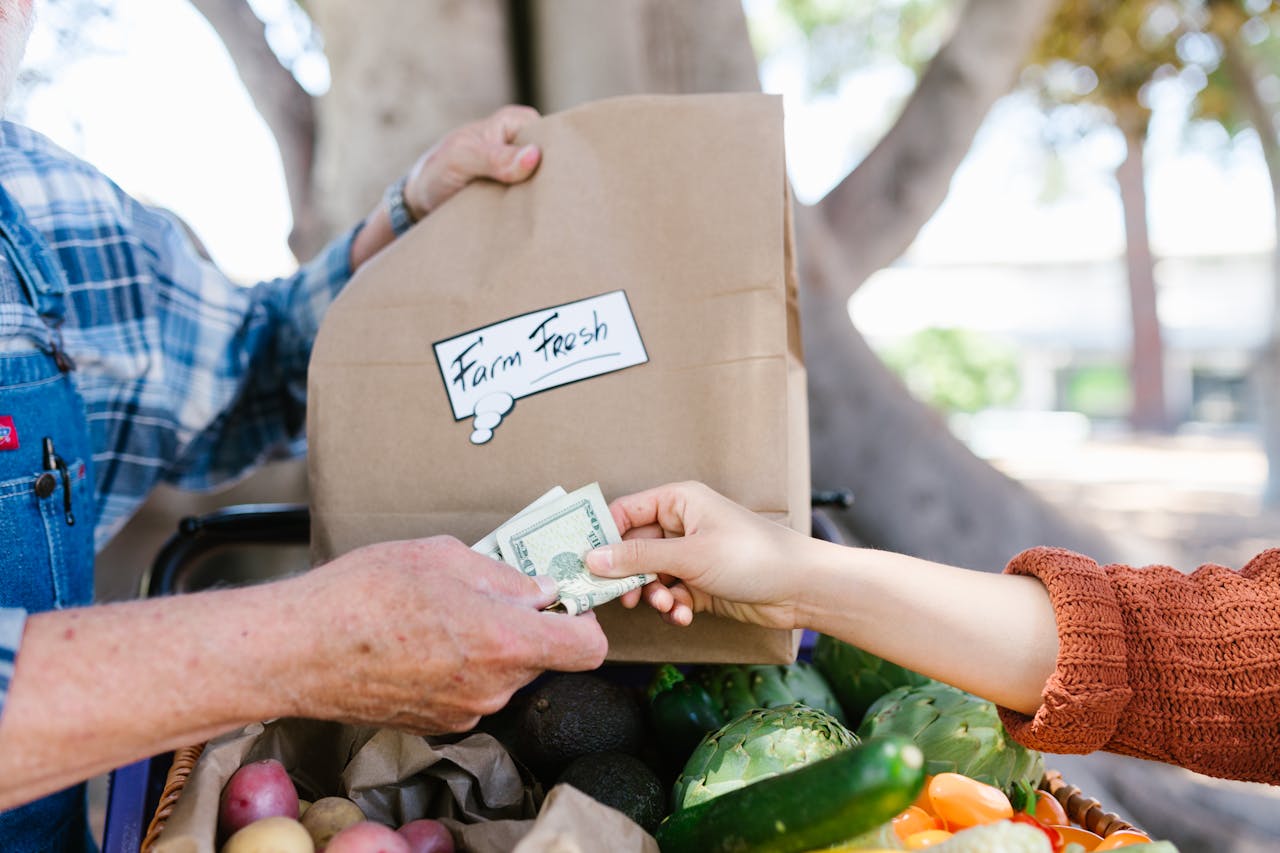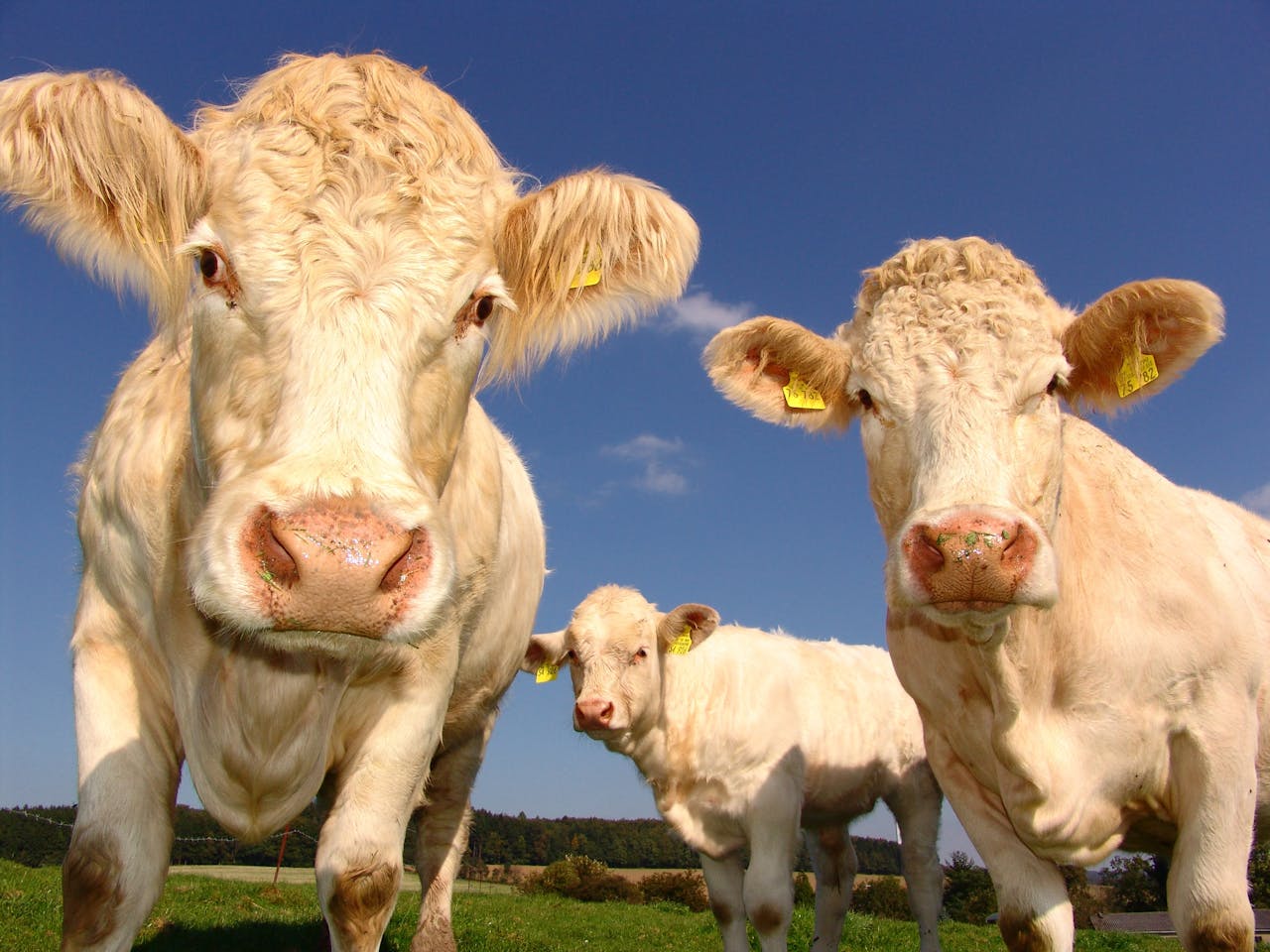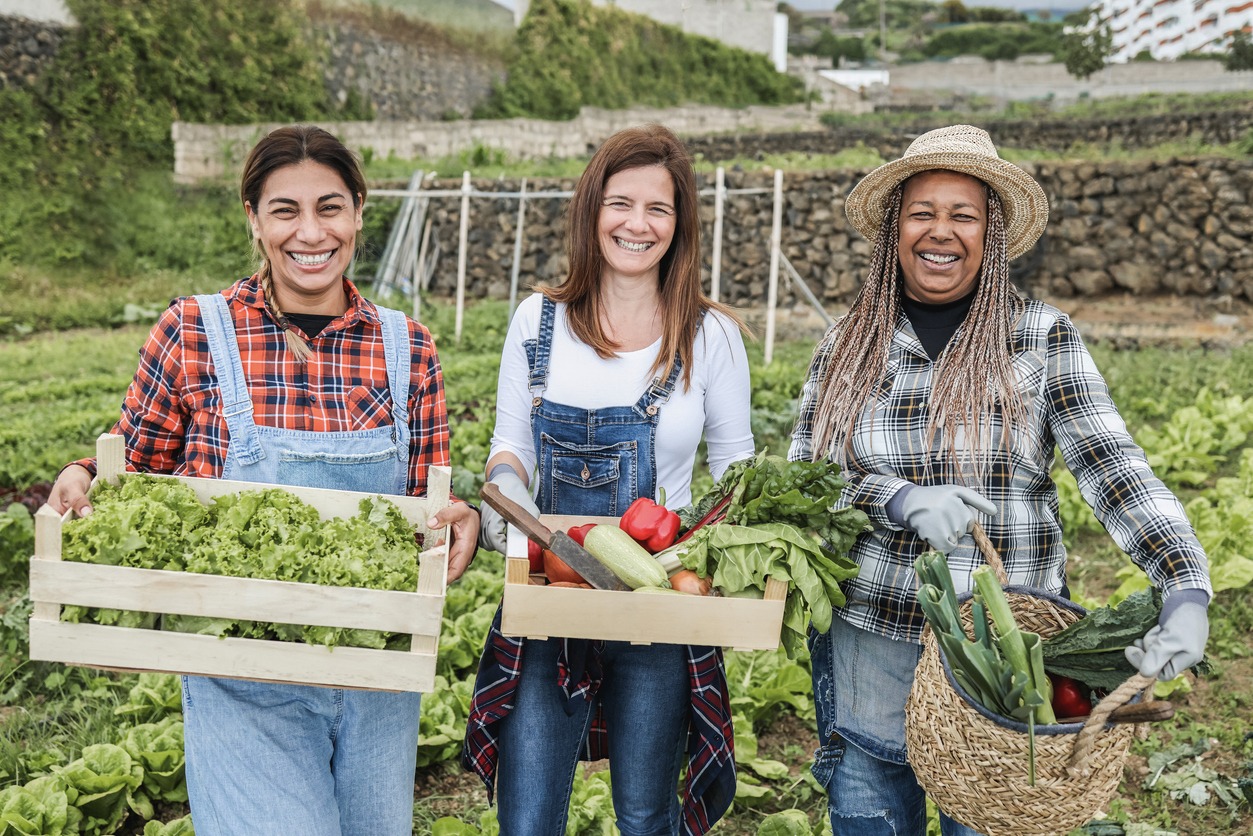Is It Possible to Rent a Homestead? What You Need to Know
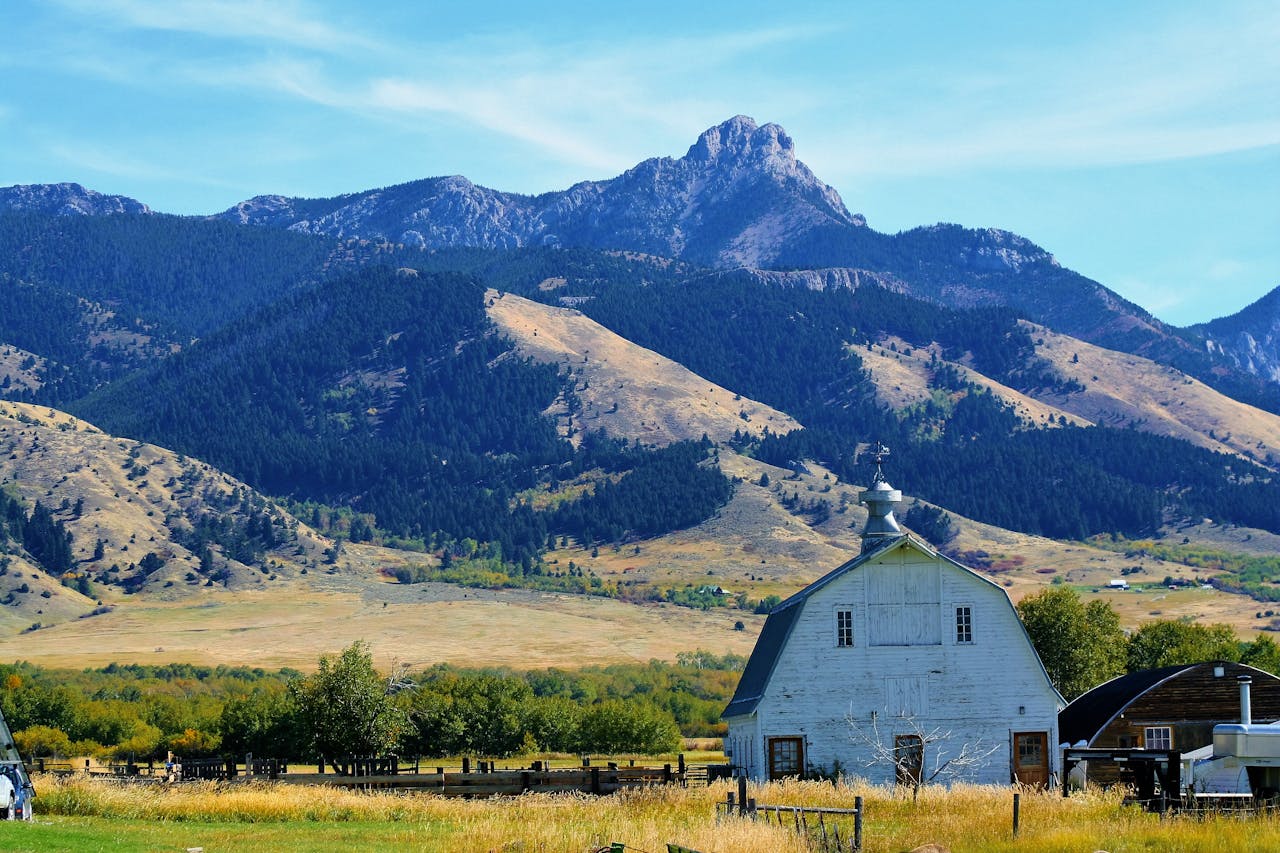
If you’ve ever dreamed of self-sufficient living but don’t want to jump headfirst into buying land, renting a homestead might be the perfect stepping stone. Renting allows you to test the waters, gain valuable experience, and explore what it’s like to live closer to the earth—all without the long-term commitment or hefty price tag of ownership.
In this guide, we’ll dive into everything you need to know about renting a homestead: the benefits, the drawbacks, how to find opportunities, and even alternatives if renting isn’t the right fit for you. Let’s dig in.
What Is Homestead Renting?
At its core, renting a homestead means leasing land or property where you can practice self-sufficient living. This might include gardening, raising animals, or even running a small-scale farm. The idea is simple: you get the chance to live the homesteading lifestyle without committing to owning the land outright.
For beginners or those unsure if homesteading is right for them, renting can be a low-risk way to dip your toes in the water. Think of it as a “try before you buy” approach to sustainable living.
The Benefits of Renting a Homestead
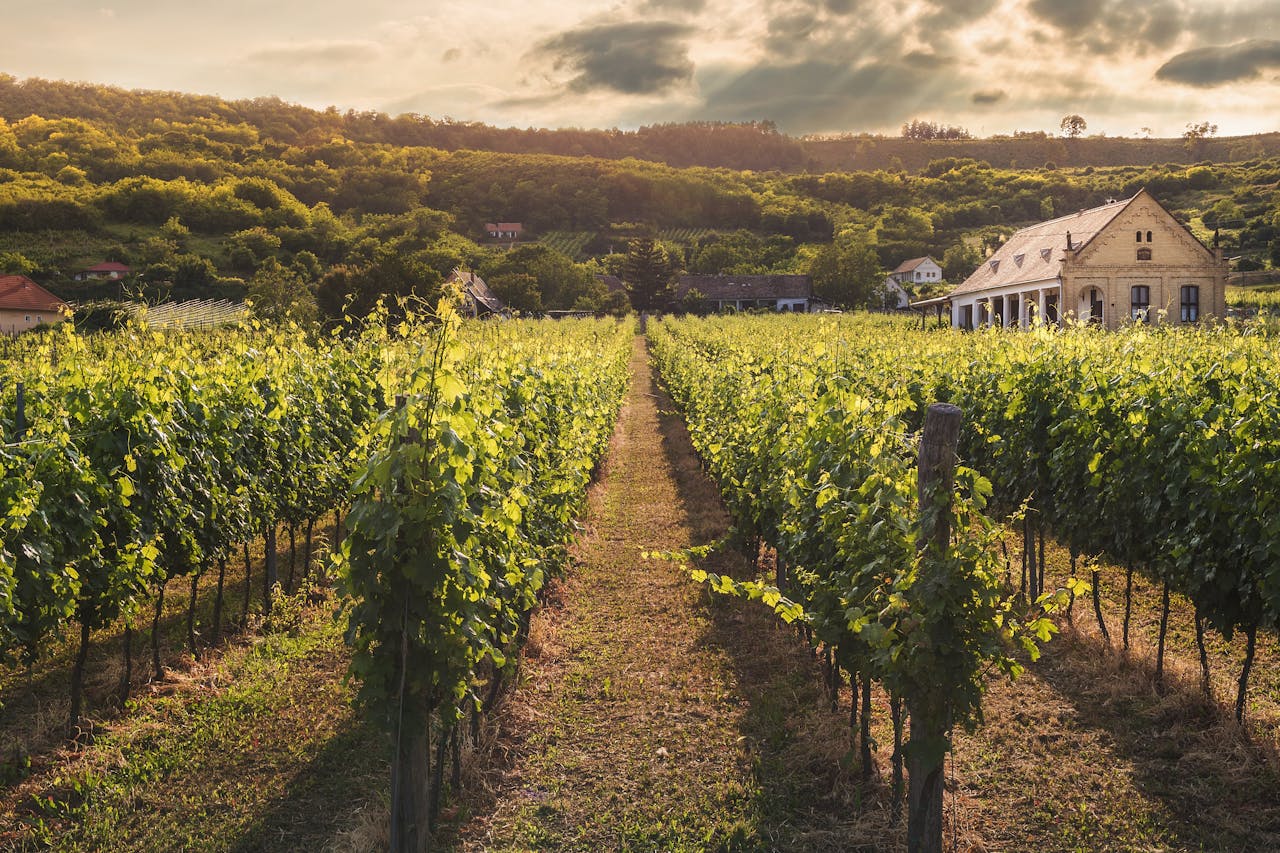
Renting a homestead comes with plenty of perks, especially for those new to self-sufficient living.
- Flexibility Without Long-Term Commitment: Renting lets you test out different locations and lifestyles. Want to see if rural life suits you? Or if a specific climate or community aligns with your goals? Renting gives you the freedom to explore without being tied down.
- Lower Upfront Costs: Buying land often requires a significant down payment, not to mention property taxes, insurance, and maintenance costs. Renting, on the other hand, typically involves only a security deposit and monthly payments, making it a more affordable entry point.
- Hands-On Learning: When you rent a homestead, you can learn from experienced landlords or neighbors who are already living the lifestyle. This knowledge is invaluable as you develop skills like gardening, animal care, and sustainable practices.
- Freedom to Experiment: Renting provides a chance to figure out what aspects of homesteading resonate with you most. Whether it’s managing a chicken coop or cultivating a large garden, you can try different things without the financial pressure of property ownership.
- Easier Exit Strategy: If you decide homesteading isn’t for you, or you want to relocate, it’s much simpler to move on from a rental than sell a property. This flexibility can save you from regret or financial strain.
The Drawbacks of Renting a Homestead
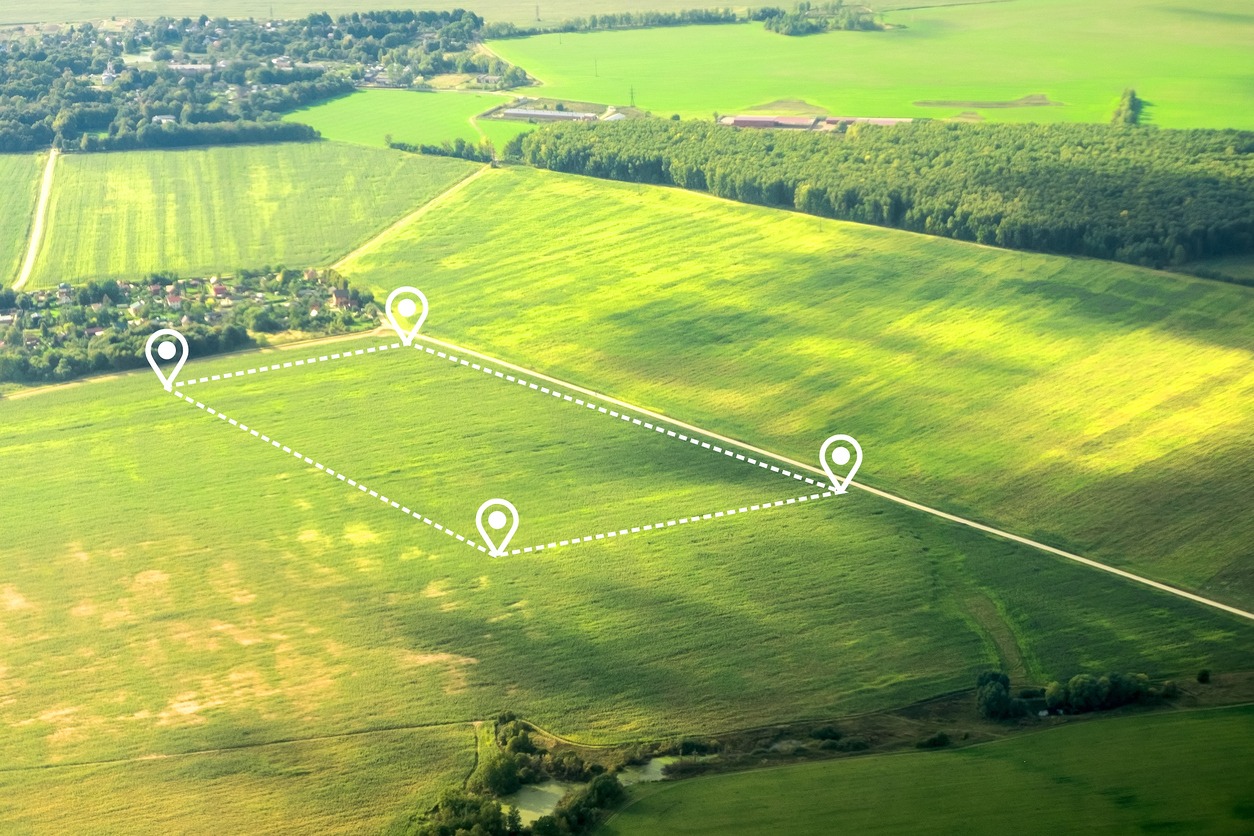
While renting a homestead has its advantages, it’s not without challenges.
- No Equity or Ownership Benefits: Unlike owning, renting doesn’t allow you to build equity. Every rent payment goes to your landlord, not toward owning the property. Over time, this can feel like a financial loss compared to investing in your own land.
- Limited Control: As a renter, your ability to make changes to the property—like building structures or landscaping—will likely be restricted. Some landlords may not permit certain activities, such as keeping livestock or installing permanent fixtures.
- Potential for Higher Long-Term Costs: While renting can be more affordable upfront, long-term rent payments may eventually exceed the cost of owning. If you plan to homestead for years, buying might be a better financial decision.
- Shared Responsibilities: Many homestead rentals come with expectations for property upkeep. While this gives you hands-on experience, it also means additional labor without the rewards of ownership.
- Uncertainty: Renting doesn’t provide the same stability as owning. Your landlord could decide to sell the property, or the terms of your lease might change, forcing you to uproot your lifestyle unexpectedly.
How to Find Homestead Rental Opportunities
Finding the perfect homestead rental can take some digging, but with the right approach, it’s entirely possible. From online platforms to networking with local farmers, there are numerous ways to uncover opportunities.
- Search Online Listings: Websites like Craigslist, Facebook Marketplace, and specialized homesteading forums often list rental opportunities. Use keywords like “homestead rental,” “farm lease,” or “rural property rental” to narrow your search.
- Network with Local Communities: Visit farmers' markets, join homesteading groups on social media, or attend local agricultural events. These connections can lead to word-of-mouth recommendations or opportunities to lease land from someone in the community.
- Consider Unique Arrangements: Some homestead rentals include work trade agreements, where you provide labor in exchange for reduced rent. Others may involve profit-sharing arrangements for crops or livestock.
- Research Locations: Before committing to a rental, consider factors like climate, soil quality, access to water, and proximity to resources like feed stores or farmers' markets. These elements can significantly impact your homesteading experience.
- Ask the Right Questions: When evaluating potential rentals, clarify details like:
- Are livestock or large gardens permitted?
- What maintenance responsibilities fall on the tenant?
- Are there any zoning or legal restrictions on the property?
Responsibilities of Tenants and Landlords
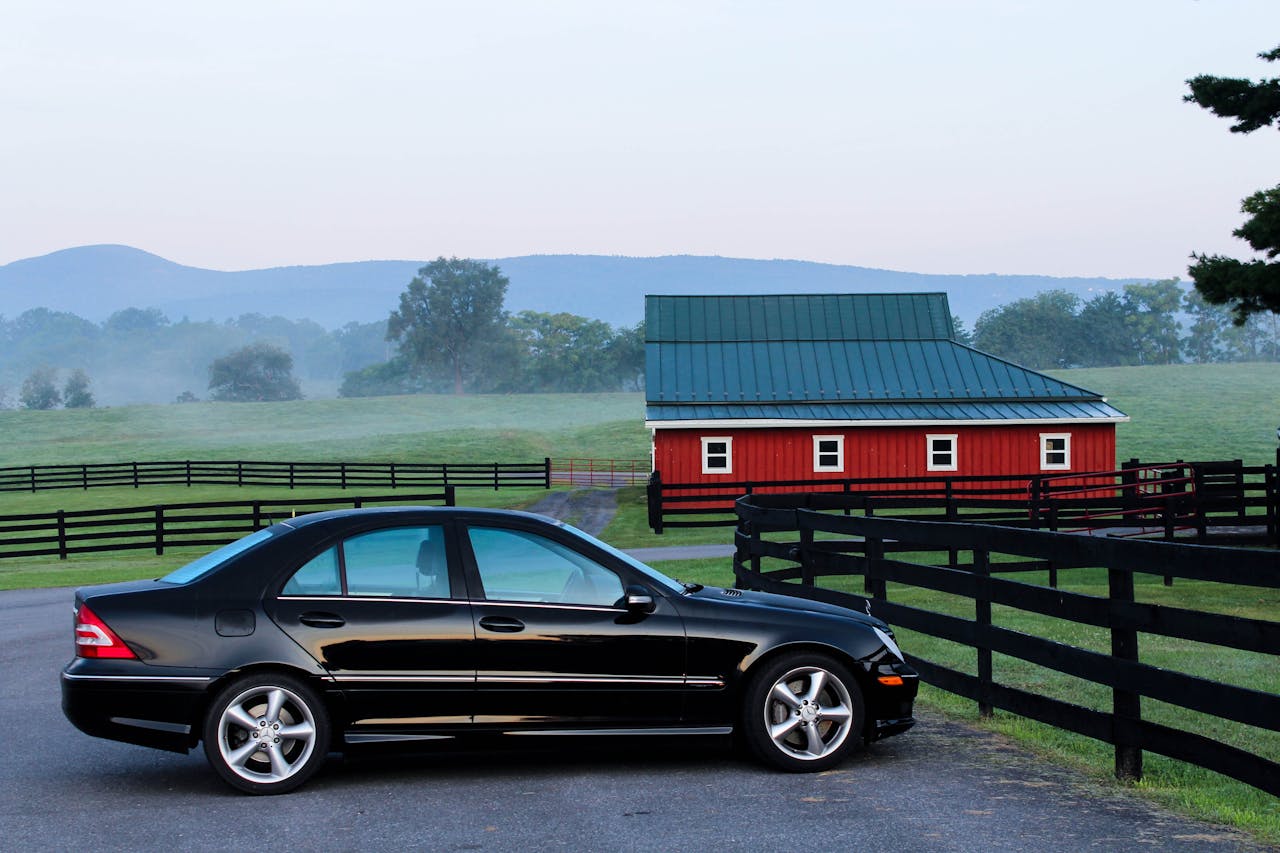
A successful rental relationship relies on clear communication and mutual respect. As a tenant, you’ll likely be responsible for:
- Maintaining the property (e.g., mowing, gardening).
- Adhering to lease terms regarding modifications or livestock.
- Reporting any issues or damage promptly.
Landlords, on the other hand, are typically responsible for:
- Maintaining structural elements like fences, barns, or irrigation systems.
- Ensuring the property meets legal standards.
- Being clear about their expectations upfront.
Always review your lease carefully to ensure both parties understand their roles.
Legal Considerations for Renting a Homestead
A clear rental agreement will set the foundation for a successful homesteading experience.
- Zoning and Land Use Laws: Local regulations may limit certain activities, such as raising livestock or growing crops. Check these rules before signing a lease.
- Water Rights: Access to water is critical for homesteading. Clarify whether irrigation or livestock use is included in your rental agreement.
- Liability Insurance: Consider liability coverage to protect yourself from accidents or injuries that could occur on the property.
- Rental Agreement Clauses: Ensure your lease specifies rights regarding improvements, livestock, and other key aspects of homesteading. This protects both you and the landlord from misunderstandings.
Building Homesteading Skills as a Renter
Even if you don’t own land, renting provides plenty of opportunities to develop self-sufficiency. Here are some skills to start with:
- Gardening: Try container gardening, raised beds, or even hydroponics if space is limited.
- Preservation: Learn to can, dry, or ferment produce for long-term storage.
- Animal Husbandry: Depending on local regulations, consider raising chickens, bees, or rabbits.
- DIY Projects: Practice building skills, like making compost bins or repairing tools.
These experiences will prepare you for a more permanent homestead in the future.
Alternatives to Renting a Homestead

If renting doesn’t feel right, consider these options:
- Build from Scratch: Purchase raw land and develop it according to your vision. While more expensive upfront, this gives you full control.
- Homestead Sharing: Join a co-op or collective where responsibilities and resources are shared.
- Lease-to-Own Agreements: These arrangements allow you to build equity while renting, eventually leading to ownership.
- Volunteer Opportunities: Many farms offer work exchanges where you can live on-site while learning about homesteading.
From Renting to Owning
For many, renting is just the first step toward owning a homestead. As you gain experience, you’ll:
- Identify the ideal location and property features for your lifestyle.
- Build a financial foundation for future ownership.
- Develop skills and confidence, ensuring a smoother transition to independence.
When you’re ready to purchase, your rental experience will provide a valuable foundation, helping you make informed decisions and avoid costly mistakes.
Conclusion
Renting a homestead is an excellent way to explore the homesteading lifestyle without the risks and commitments of ownership. Whether you’re drawn to gardening, raising animals, or just living off the land, this option allows you to learn, grow, and experiment in a supportive environment.
With careful planning, clear communication, and a willingness to adapt, renting could be the first step on your journey to self-sufficient living. So, why not give it a try? You might just discover your new way of life.

